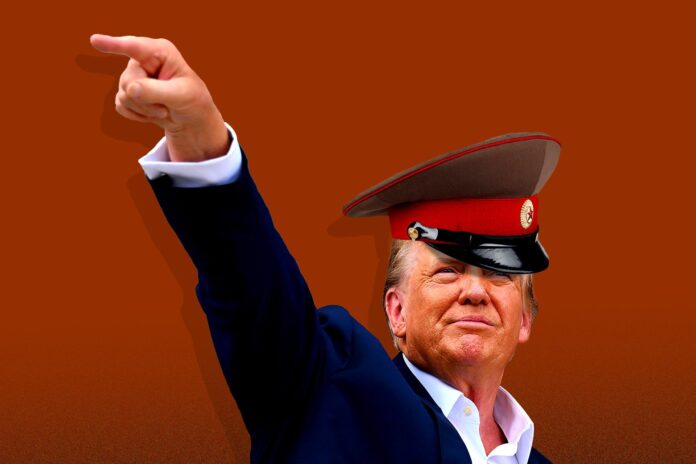Key Falsehoods or Claims: The article “Fact check: Debunking 100 Trump false claims from his first 100 days” by CNN identifies and debunks 100 false claims made by Donald Trump during the first 100 days of his presidency. These claims span a wide range of topics, including his inauguration crowd size, voter fraud, and the impact of his policies.
Source: The source of the article is CNN, which is considered by many to have a left-leaning bias. However, the fact-checking aspect of the article provides a more neutral perspective on the veracity of Trump’s statements.
Analysis of Public Opinion: The dissemination of false claims and conspiracy theories by the President can have a significant impact on public opinion. Polling data has shown that a sizable portion of the population believes many of Trump’s falsehoods, particularly among his supporters. This has the potential to polarize the population and undermine trust in democratic institutions.
Threat to Democracy: The spread of lies and conspiracy theories by the President poses a threat to democracy by eroding the foundation of truth and trust in government. When the leader of a nation is not held accountable for spreading falsehoods, it sets a dangerous precedent for the acceptance of misinformation in the public discourse.
Hypothetical Reactions: It is plausible that the repeated assertion of false claims by the President could lead to a normalization of misinformation, making it increasingly difficult for the public to discern truth from fiction. This could potentially impact voter behavior in future elections, as well as the overall health of democratic processes.
Further Reading: For further reading on the topic of media influence and misinformation studies, reputable sources such as The Washington Post’s Fact Checker, PolitiFact, and academic journals on communication and political science can provide valuable insights into the impact of lies, conspiracy theories, and misinformation on public opinion and democracy.
Source link
Redirect URL
